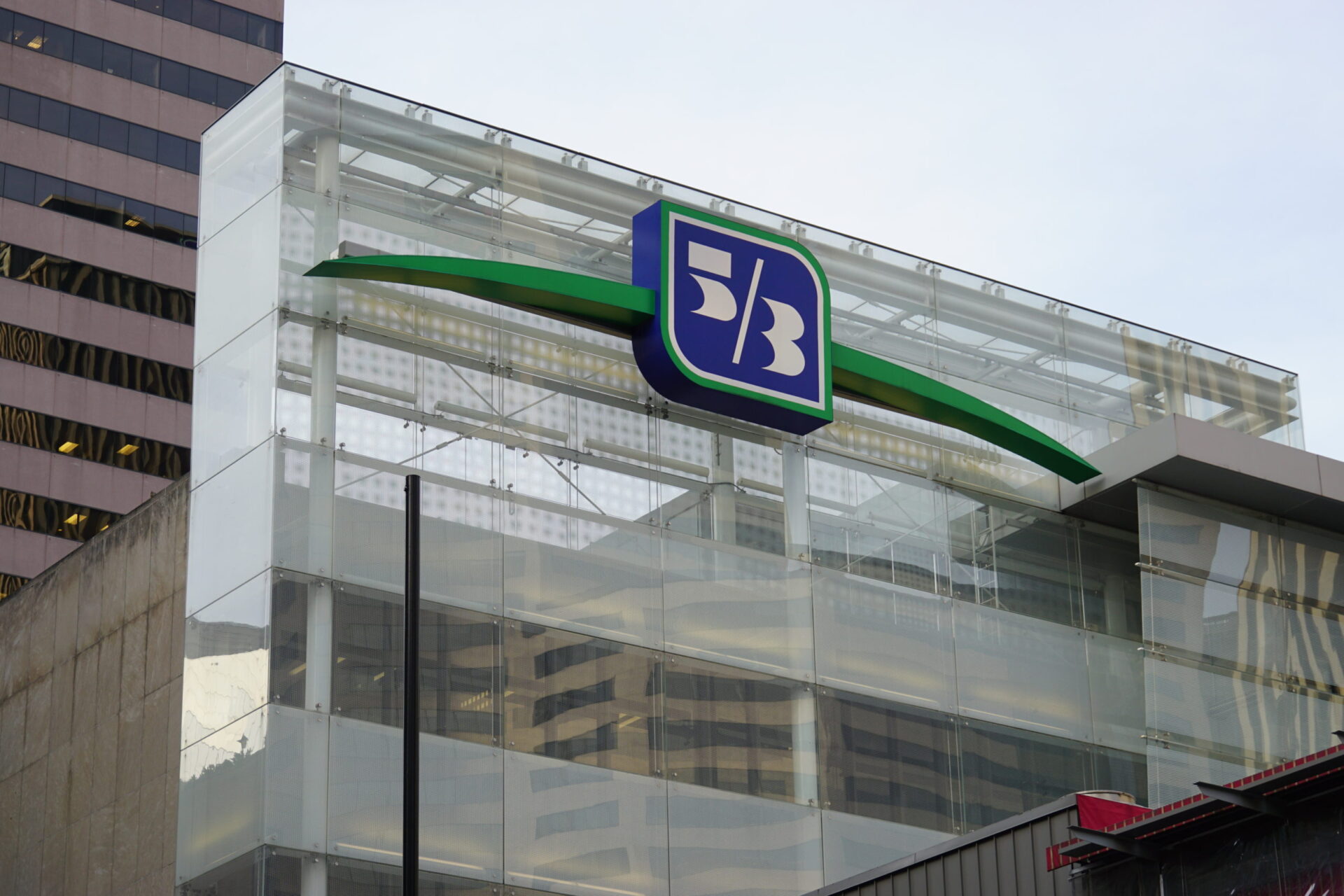The Consumer Financial Protection Bureau announced Monday a lawsuit against Fifth Third Bank for allegedly creating fake accounts on customers’ behalf to artificially inflate sales numbers. Fifth Third officials said in a news release that it “rejects” the allegations in the lawsuit.
The CFPB said that for several years Fifth Third created accounts without consumers’ knowledge. For several years, the CFPB says, Fifth Third employees created fake credit card accounts, improperly transferred money into fraudulently opened accounts, enrolled customers in unauthorized online-banking services, and activated unauthorized lines of credit on consumers’ accounts.
“Fifth Third Bank respects and values the important role that the CFPB plays in protecting consumers but believes that the civil suit filed today is unnecessary and unwarranted. The Bank will defend itself vigorously and is confident in the outcome,” said Susan Zaunbrecher, Chief Legal Officer of Fifth Third Bank.
Zaunbrecher added that Fifth Third will “press for an early trial.”
Incentive Programs
The activities allegedly occurred through at least 2016 and were driven by “an incentive-compensation program” that rewarded selling new products. In some cases, employees’ jobs were dependent on meeting ambitious sales goals, the CFPB said.
“Reasonable sales goals and performance incentives are not inherently harmful,” the CFPB said in a news release. “But when such programs are not carefully and properly implemented and monitored, as the Bureau alleges here, they may create incentives for employees to engage in misconduct in order to meet goals or earn additional compensation.”
Zaunbrecher said the bank’s compensation and incentive structure does not reward retail employees for opening unauthorized accounts or give them sales quotas.
Fifth Third said the CFPB has not informed the bank of any unauthorized accounts beyond those the bank itself had identified – roughly 1,100 accounts out of 10 million opened between 2010 and 2016.
“These accounts involved less than $30,000 in improper customer charges that were ultimately waived or reimbursed to customers years ago,” Zaunbrecher said. “While even a single unauthorized account is one too many, we took appropriate and decisive action to address each situation.”
Wells Fargo Resignations
The lawsuit comes a day after two board members resigned for failing to adequately address a similar scandal at Wells Fargo.
Last month, Wells Fargo reached a $3 billion settlement with the Department of Justice, which found the bank’s employees created fake accounts to meet the bank’s “onerous sales goals.” This included using customers’ identities without their consent to open checking, savings, debit card, credit card, bill pay and global remittance accounts.
Elizabeth A. Duke, the board chair, and James H. Quigley resigned their positions effective Sunday, Wells Fargo announced in a news release Monday. In a report issued last week, the House Financial Services Committee found that the board did too little to address issues associated with the scandal. The report singled out Duke and Quigley for their lack of interest.
